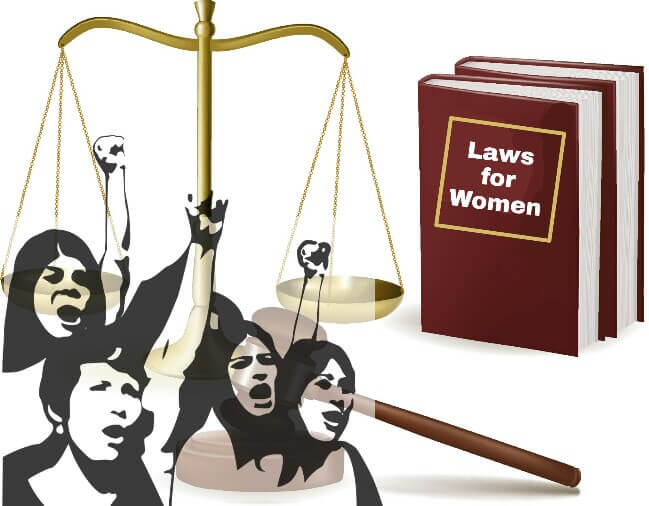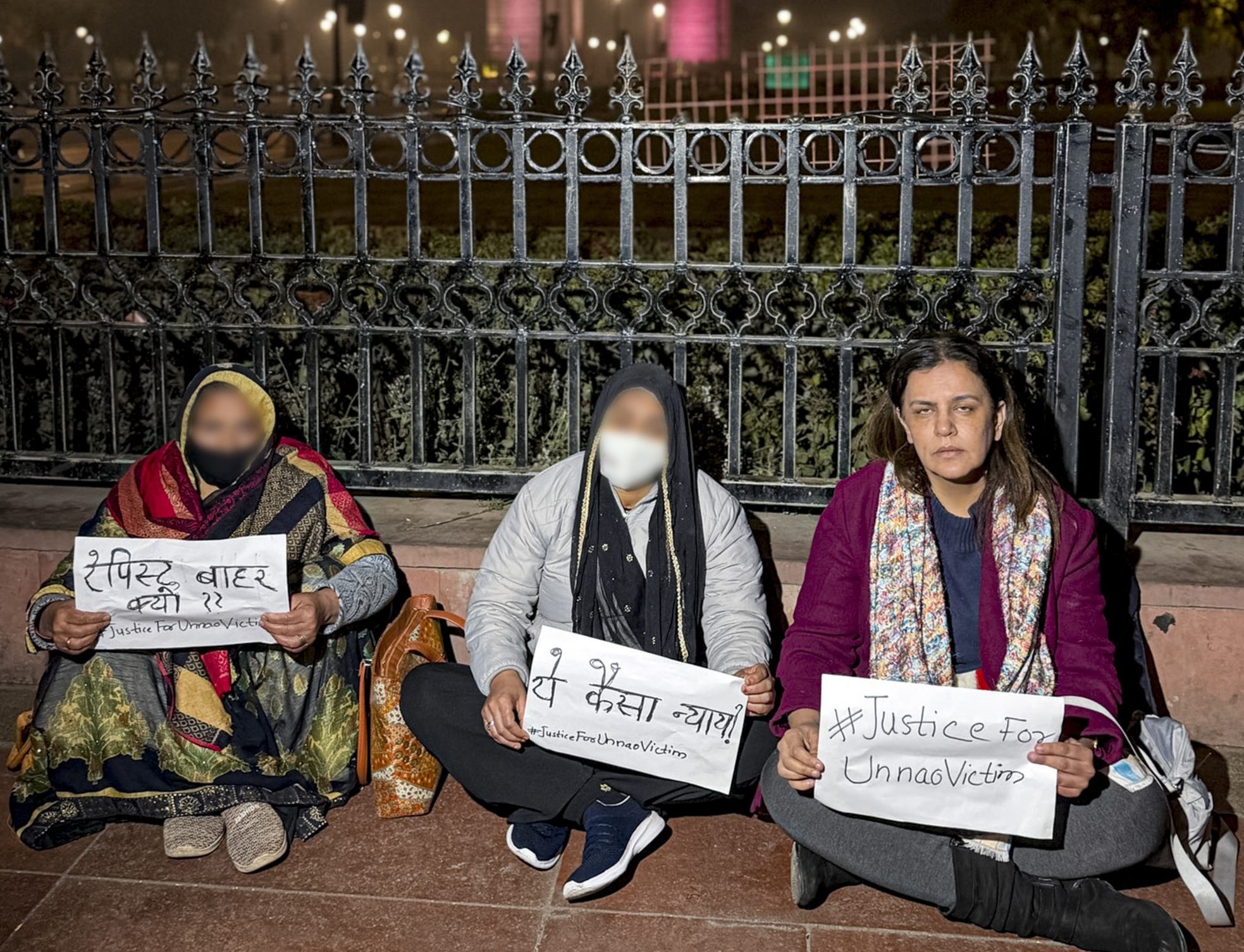What would the legal system look like if all the judges were feminists? Would our understanding of consent rest entirely on the autonomy of the person and not how he/she/they acted or how he/she/they dressed? Would victim blaming cease to exist? Moreover, in its replacement, we would offer care and rehabilitation to survivors of traumatic experiences such as sexual violence or domestic abuse.
These are questions that our current legal scenario fails to answer due to the far-reaching effect of patriarchy and how it affects the working of a body that is meant to be neutral and justiciable, such as our courts.
However, there are some individuals who sought an answer on how to better the law of the land and thus undertook The Feminist Judgement Project. It started in Canada, in 2008, by the academics at The Women’s Court of Canada.
Would victim blaming cease to exist?
They sought to effectuate the definition of equality guaranteed in their constitution, and in the process demonstrated two things. One, that our current legal system is not living up to its end of the bargain with respect to guaranteeing certain rights. The other is that it is possible to deliver these rights, such as equality – in practice and not simply speak of it as a utopian ideal.
Following this, the Feminist Judgment Project picked up traction in other parts of the world. From the United Kingdom to Australia, women all across the word were re-writing landmark judgements in order to make them more equitable and beneficial to society.
This concept of academic re-writing of judgements is not new and has been done for other various landmark cases in the United States. However, what is distinct about the project is the fact that judgements and the methodology behind them are being looked at in a feminist light.
Also Read: Law And Repression: The Use Of SLAPP Suits To Silence Voices
Recently India began its own Feminist Project, led by academicians from Delhi such as Jhuma sen, Pratiksha Baxi, Oishik Sircar and more.
India is not short of its landmark judgements. Some have restructured the very foundation of how our legal system was formed and others that have set us back a couple of hundred years. For example, how different would the definition of civil rights be if the outcome of Suresh Kumar Koushal v Naz foundation (2013), which debated the constitutionality and legality of Section 377 of the Indian Penal code (IPC) had been otherwise? The section speaks of “carnal intercourse against the order of nature” which has no clear definition in the IPC and aligns LGBTQ relationships to bestiality.
‘Righting Sarla Mudgal v Union of India’ is one essay written by Jhuma Sen with regards to how the judgement was passed by the supreme court. Although the judgement was beneficial to the women aggrieved, it happened in a way that did not set precedence for further developments and ended up being rather stagnant.
it is possible to deliver rights such as equality – in practice and not simply speak of it as a utopian ideal.
Sarla Mudgal and four other women took to the courts in order to remedy a grievance that occurred to all of them – their Hindu husbands’ (a religion where polygamy is not allowed according to codified law) conversion to Islam (a religion which does allow polygamy) in order to have second wives. The court decreed that the persistence of bigamy is due to the existence of personal laws alongside codified forms of law. This, while it may be true, did not look into the issue of men marrying again as an injustice to women, and perhaps even a denial of their right to equality.
The Feminist Judgement Project looks into how our laws promise women an equal stake in the ongoings of the country yet fail to deliver when the opportunity to do so arrives. This may just be an academic exercise but the hope is it translates into an effective change in our laws which is the pinnacle of our democracy.
The project aims to rewrite cases from various aspects of law, such as property rights, criminal legislation and constitutional validity. In order to demonstrate how every aspect of our lives are intertwined with the law and that currently, the engagement with it has not reached its true potential. As of right now, the list of cases to be tackled has not been released but it promises to be unique and engaging.
Also Read: My Modesty Is Not Outraged, I Am! Patriarchy In The Language Of Law
You can find more information about the project, it’s history and the people involved in the Indian leg of the project here.
Featured Image Credit: Ajanta News
About the author(s)
I like reading and running away from Facebook arguments that make no sense.




